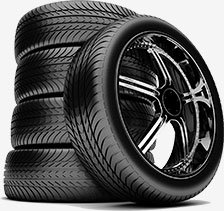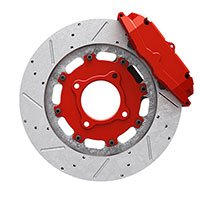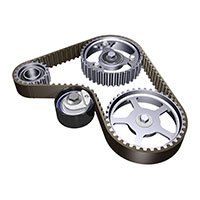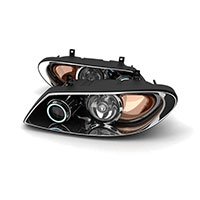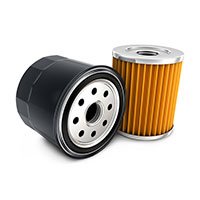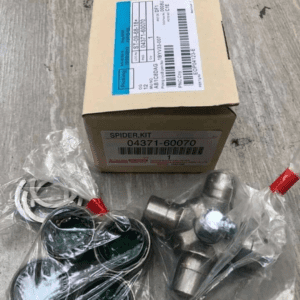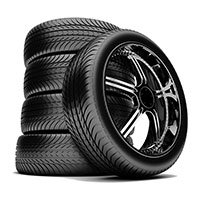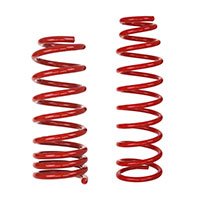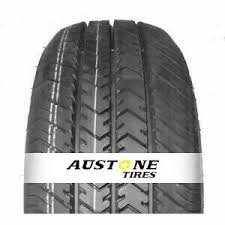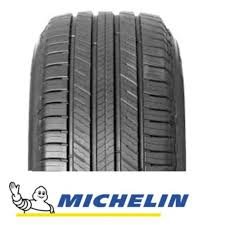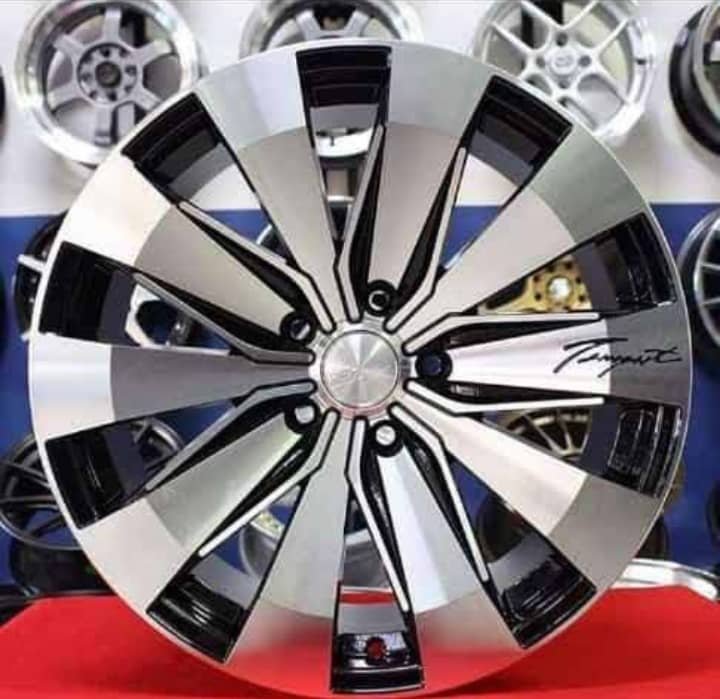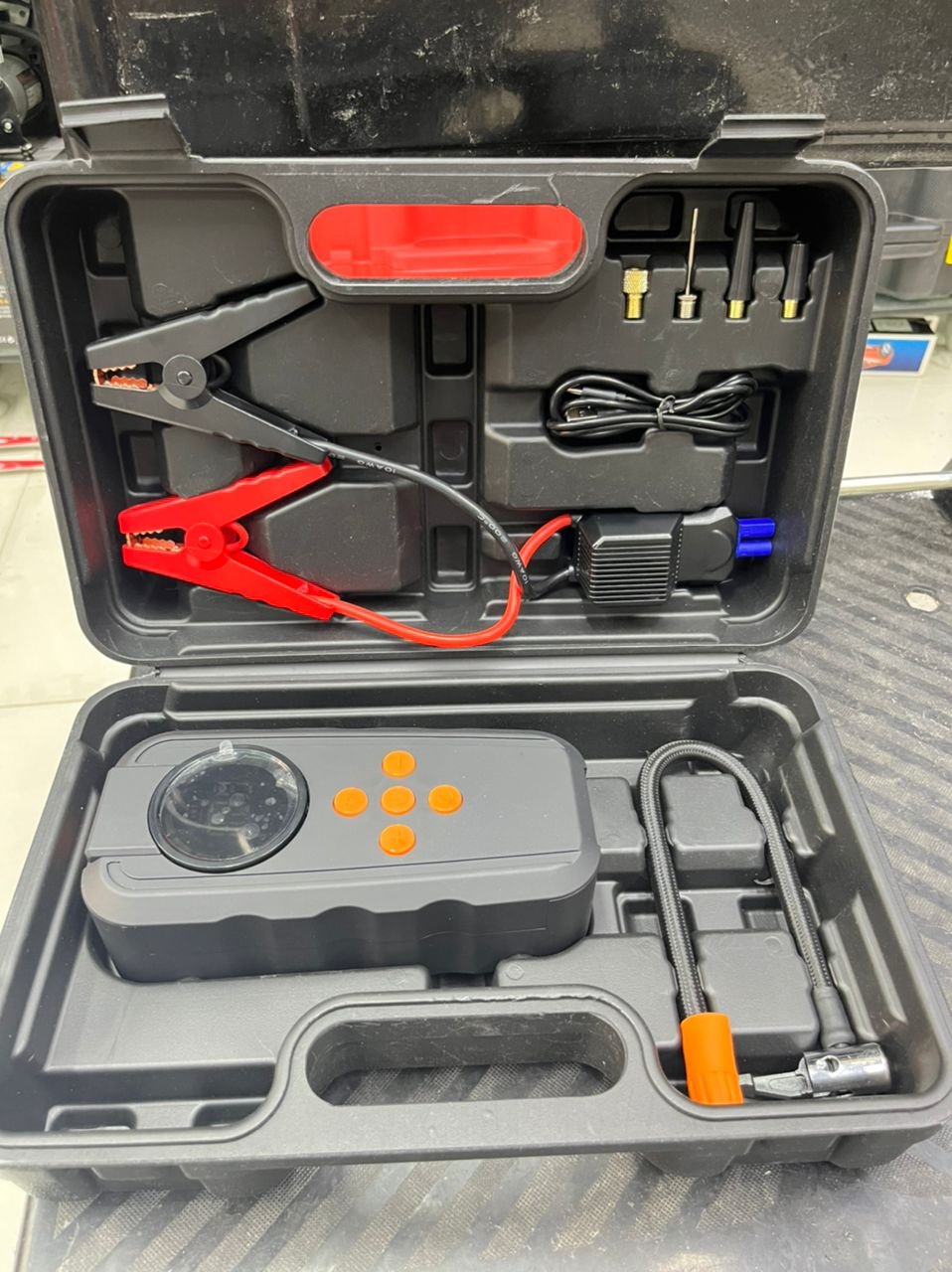Engine tuning
Engine tuning.
Engine tuning is an essential aspect of automotive maintenance and performance enhancement. It involves adjusting and modifying the internal combustion engine or its control unit to achieve optimal performance, efficiency, and power output. Whether you’re looking to improve fuel efficiency or boost your car’s horsepower, understanding the basics of engine tuning can be beneficial.
Benefits
- Increased Power and Torque: By optimizing fuel and air intake, tuning can significantly increase your vehicle’s horsepower and torque.
- Improved Fuel Efficiency: Proper tuning can lead to better fuel economy by ensuring the engine runs more efficiently.
- Enhanced Throttle Response: A well-tuned engine can improve the responsiveness of the throttle, making your vehicle more enjoyable to drive.
- Emissions Reduction: Tuning can help in reducing harmful emissions by ensuring complete combustion of fuel.
- Customization: Tailor the performance of your car to suit your driving style or specific needs.
 https://kctimoauto.com/product-category/car-care-kits/
https://kctimoauto.com/product-category/car-care-kits/
Types of Engine Tuning
1. Chip Tuning
Chip tuning involves reprogramming or replacing the electronic control unit (ECU) chip to alter the engine’s performance characteristics. This method is commonly used to increase horsepower and torque.
2. ECU Remapping
ECU remapping is a more advanced form of chip tuning where the ECU’s software is updated or modified to achieve desired performance outcomes. This method allows for greater customization and fine-tuning.
3. Dyno Tuning
Dyno tuning uses a dynamometer to measure an engine’s power output and allows technicians to make precise adjustments to the engine’s settings in a controlled environment.
4. Mechanical Tuning
Mechanical tuning involves physical alterations to the engine, such as upgrading air filters, exhaust systems, or turbochargers. These changes can significantly affect performance.
Key Considerations
- Vehicle Type: The make and model of your vehicle can determine the most effective tuning methods.
- Legal and Warranty Implications: Some modifications may void warranties or not comply with local emissions regulations.
- Cost: Tuning can be expensive, especially if it involves high-end parts or professional services.
- Skill Level: Some tuning methods require a high degree of expertise and should be performed by professionals.
Conclusion
Engine tuning can greatly enhance your vehicle’s performance, efficiency, and driving experience. Whether you’re a car enthusiast looking to push the limits of your engine or someone seeking better fuel efficiency, understanding the different tuning methods and their benefits is the first step. Always consider the potential legal and warranty implications and consult with professionals to achieve the best results.


